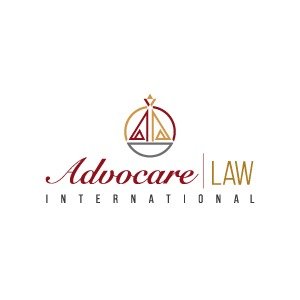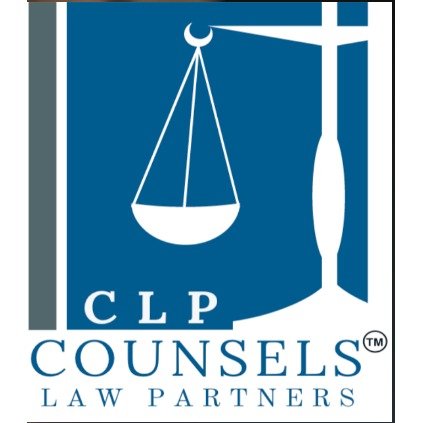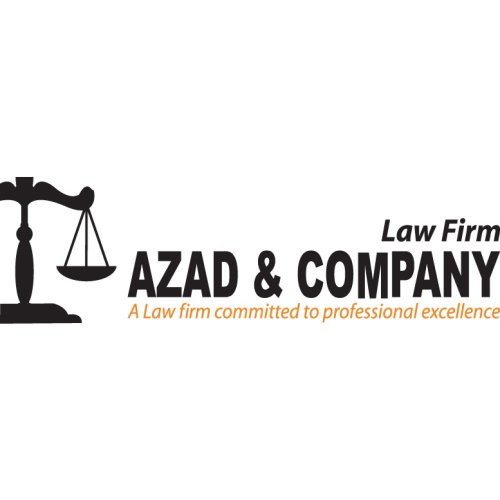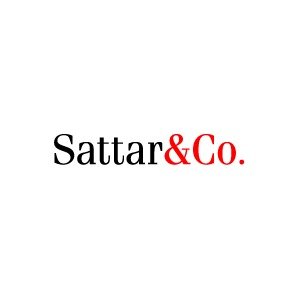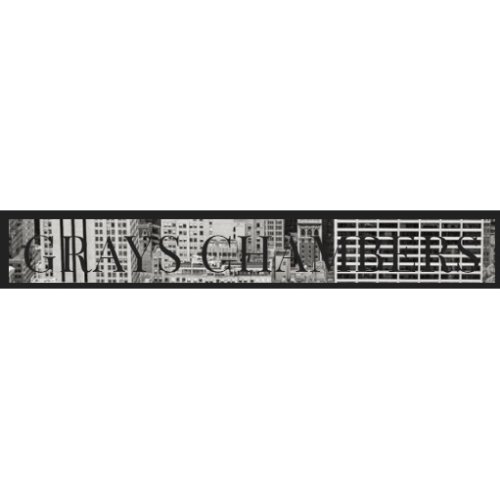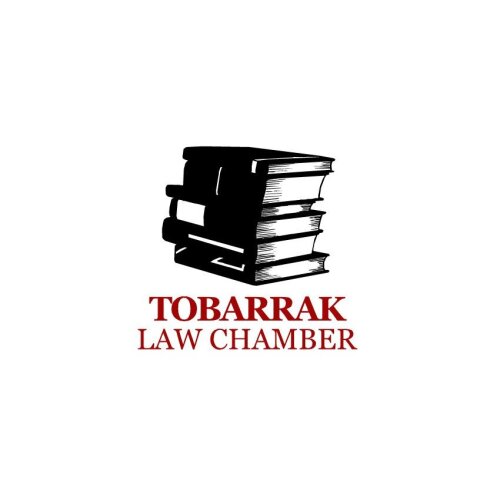Best FDA Law Lawyers in Bangladesh
Share your needs with us, get contacted by law firms.
Free. Takes 2 min.
Or refine your search by selecting a city:
List of the best lawyers in Bangladesh
About FDA Law in Bangladesh
FDA Law in Bangladesh refers to the set of legal regulations and guidelines overseen by the Directorate General of Drug Administration (DGDA) and the Ministry of Health and Family Welfare, which control the import, export, manufacture, distribution, and sale of drugs, medical devices, and related health products. These rules are guided by seminal acts such as the Drug Act 1940, Drug (Control) Ordinance 1982, and various subsequent rules, policies, and amendments. The key objective is to ensure the safety, efficacy, and quality of medicines and health-related products available in the country, protecting public health against substandard or counterfeit pharmaceuticals.
Why You May Need a Lawyer
There are several instances where legal assistance in FDA Law becomes necessary in Bangladesh. Pharmaceutical companies and medical device importers may require guidance on licensing, regulatory compliance, and product registration processes. Healthcare providers or pharmacies may face legal actions or need advice on proper storage, sale, and advertising of medicines. If you are involved in product recalls, suspected cases of adulteration, or issues with clinical trial approvals, a lawyer can help you navigate complex administrative procedures. Businesses facing inspection, enforcement actions, or litigation over regulatory noncompliance will also benefit from professional legal advice. Finally, individual consumers who have experienced health issues due to unsafe products might seek legal remedies under these laws.
Local Laws Overview
The primary regulatory framework for FDA-related matters in Bangladesh is comprised of several acts and administrative rules. The Drug Act 1940 lays the foundation for the import, manufacture, sale, and distribution of drugs. The Drug (Control) Ordinance 1982 further strengthens oversight on drug safety, controls prices, and prohibits certain advertisements. The Directorate General of Drug Administration (DGDA) is the principal regulator, issuing licenses for import, manufacturing, and sale, while conducting regular market inspections. Laws also regulate market authorization for new drugs, pharmacovigilance, counterfeit and substandard drug penalties, and mandatory product labeling. Clinical trials are subject to ethical and administrative approval, and there are stringent requirements for record-keeping, adverse event reporting, and batch testing. Recent policies have strengthened post-market surveillance and crackdowns on illegal or expired medications.
Frequently Asked Questions
What is the role of the Directorate General of Drug Administration (DGDA) in Bangladesh?
The DGDA is responsible for regulating and controlling all matters related to pharmaceuticals and medical devices, including licensing, inspection, and enforcement of standards for medicines and related products.
Do I need a license to import or manufacture drugs in Bangladesh?
Yes, both importers and manufacturers of drugs must obtain proper licenses from the DGDA and comply with relevant regulations regarding quality, safety, and storage.
How can a pharmaceutical company register a new drug in Bangladesh?
Companies must apply to the DGDA, submitting detailed data on the product’s safety, efficacy, and quality, along with supporting documentation and samples for evaluation.
Are there restrictions on advertising pharmaceuticals in Bangladesh?
Yes, the advertising of prescription medicines directly to the public is prohibited, and any promotional materials require prior approval from the authorities.
What are the penalties for selling counterfeit or adulterated drugs?
Severe penalties including fines, license cancellation, and imprisonment can be imposed on those found guilty of selling counterfeit, adulterated, or unregistered drugs.
How are clinical trials regulated?
All clinical trials must be approved and monitored by the DGDA and relevant ethics committees to ensure the safety of participants and the scientific validity of results.
Can consumers file complaints against drug manufacturers or sellers?
Consumers can lodge formal complaints with the DGDA or the Ministry of Health if they encounter substandard or harmful medicines, prompting an official investigation.
What should I do if my pharmacy is inspected by DGDA officials?
Cooperate fully with inspectors, provide all requested documentation regarding procurement, storage, and sales, and ensure compliance with legal storage and labeling requirements.
Are there special requirements for medical device registration?
Yes, medical devices must also be registered with the DGDA and meet specific safety and performance criteria. Relevant documentation and sometimes local testing are required.
How can a lawyer assist me in FDA Law matters?
A lawyer experienced in FDA Law can help navigate complex licensing, compliance, and regulatory processes; represent you in legal disputes; assist in responding to enforcement actions; and protect your interests in negotiations with regulators.
Additional Resources
For more information and assistance regarding FDA Law in Bangladesh, you may consider the following resources:
- Directorate General of Drug Administration (DGDA)
- Ministry of Health and Family Welfare
- Bangladesh Association of Pharmaceutical Industries (BAPI)
- Bangladesh Pharma & Healthcare Association
- World Health Organization (WHO) Bangladesh
- Local chambers of commerce focused on healthcare and pharmaceuticals
- Professional legal associations specializing in health and pharmaceutical law
Next Steps
If you think you need legal assistance regarding FDA Law in Bangladesh, start by identifying your specific issue, such as licensing, compliance, or dispute resolution. Then gather all relevant documentation related to your case or business activity. Search for a legal professional or law firm with experience in pharmaceutical and health regulation in Bangladesh. Schedule an initial consultation to discuss your situation, possible solutions, and potential costs involved. Timely legal advice can help you avoid regulatory pitfalls, resolve disputes efficiently, and ensure that you operate within the law.
Lawzana helps you find the best lawyers and law firms in Bangladesh through a curated and pre-screened list of qualified legal professionals. Our platform offers rankings and detailed profiles of attorneys and law firms, allowing you to compare based on practice areas, including FDA Law, experience, and client feedback.
Each profile includes a description of the firm's areas of practice, client reviews, team members and partners, year of establishment, spoken languages, office locations, contact information, social media presence, and any published articles or resources. Most firms on our platform speak English and are experienced in both local and international legal matters.
Get a quote from top-rated law firms in Bangladesh — quickly, securely, and without unnecessary hassle.
Disclaimer:
The information provided on this page is for general informational purposes only and does not constitute legal advice. While we strive to ensure the accuracy and relevance of the content, legal information may change over time, and interpretations of the law can vary. You should always consult with a qualified legal professional for advice specific to your situation.
We disclaim all liability for actions taken or not taken based on the content of this page. If you believe any information is incorrect or outdated, please contact us, and we will review and update it where appropriate.
Browse fda law law firms by city in Bangladesh
Refine your search by selecting a city.





